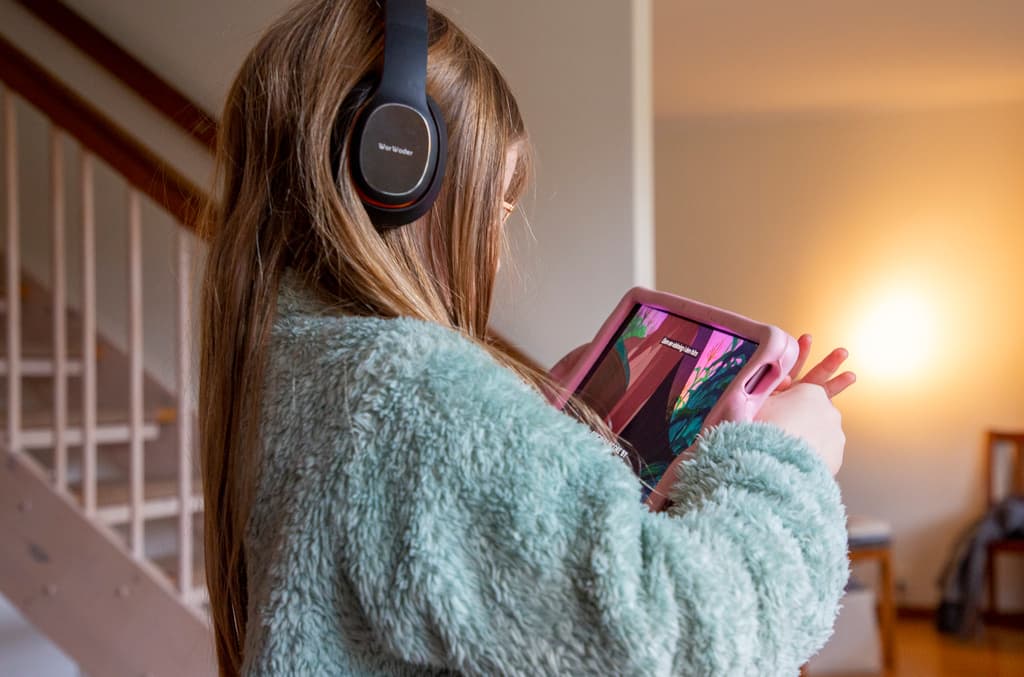Psychologist Siri Helle claims that much in the Public Health Agency's new recommendations is good. However, she believes that the time limits for different ages lack research support and calls the concept of screen time absurd.
It's not about the time as much as what you're doing. Research shows that it's perfectly okay to have an interest in computer games as long as you get what you need in life. On the contrary, it may be that you prefer to socialize, says Siri Helle.
She also demands more information to support parents and young people regarding screen use.
Young people want to have healthier screen habits, but what does that mean and what should I do instead with my time? In Finland, they teach healthy digital habits as part of health education in school. It's strange that you learn to name different muscle groups but not the tools to handle what you have in your hand for several hours a day, says Siri Helle.
"Discuss with the child"
The question of children's screen time has been debated – and with the new recommendations, parents have clear guidelines to follow.
It's important that we get this now since we see clear negative effects of excessive screen use. Even two to three hours can be too much if the content you're exposed to is harmful, says Lisa Thorell.
She is a professor of psychology at the Karolinska Institute and researches screen time.
"Relief in everyday life"
According to Lisa Thorell, it's good to have a discussion about screen use with children. Especially when it comes to older children.
Then it's not just about screen time, but about the content, and we see that children who use digital media as an escape because they're feeling bad have a higher risk of developing an addiction, she says.
There, you should discuss with the child why they're using digital media.
Using screens as relief in everyday life – for example, during cooking – is common. Therefore, Lisa Thorell suggests involving the youngest in the kitchen – while the slightly older ones can be allowed screen time.
For those over two years old, it can be a good opportunity to watch a screen. But put the child in the same room so you can talk about what they're seeing.
1. Talk to the children about when and how screens should be used. Important, especially for older children, to jointly establish a line.
2. Introduce screen-free times. For example, during meals, before bedtime, and during joint activities. Preferably put the screens in another room.
3. Think about your own screen time. It's important that adults set a good example and don't themselves surf the internet all day in front of the children.
4. Involve the children. Applies mainly to younger children. Instead of putting them in front of a screen during, for example, cooking, the child can sit in the kitchen and eat vegetables.
5. Try to get natural endings. Make sure the programs the children watch are of a suitable length so that they can finish watching. Then it's easier and more natural to turn off the screen.
Source: Lisa Thorell, professor of psychology at the Karolinska Institute.
0–2 years: No screen time at all.
2–5 years: Maximum one hour per day.
6–12 years: Maximum one to two hours per day.
13–18 years: Maximum two to three hours per day.
Source: The Public Health Agency.
Read more






